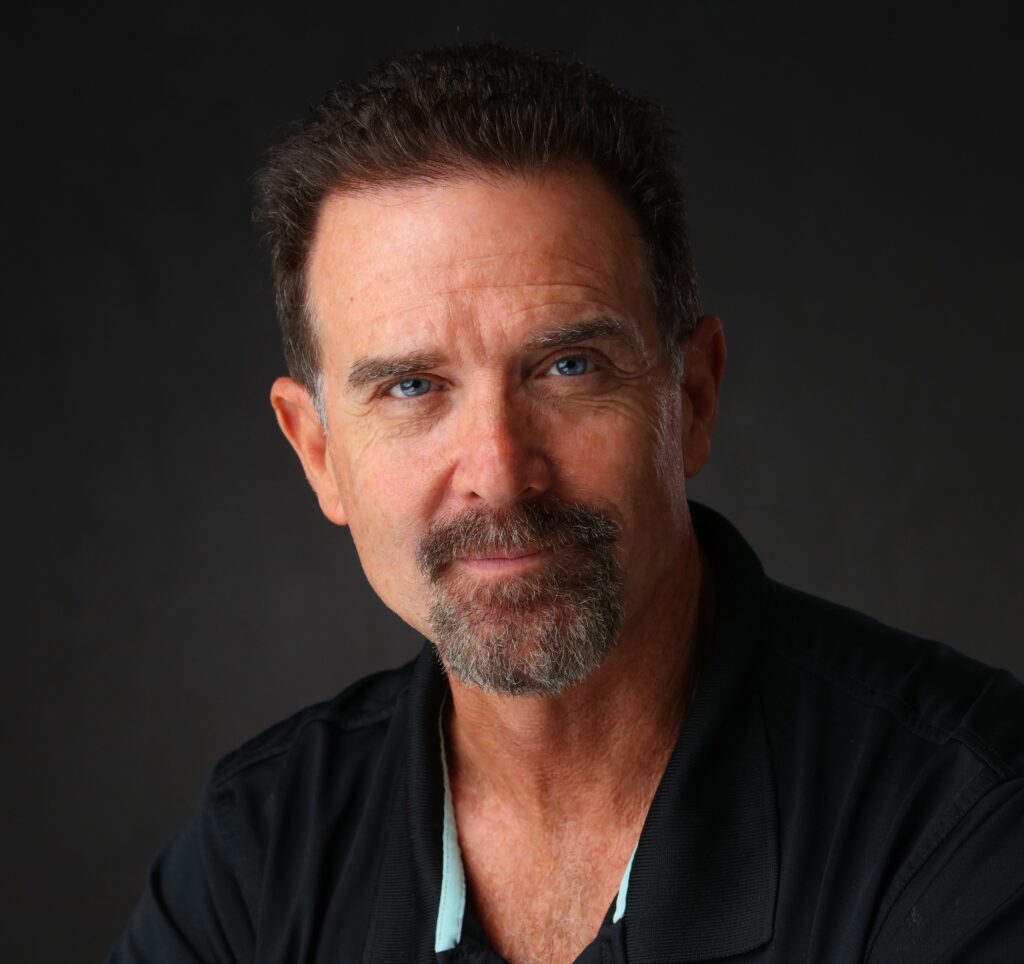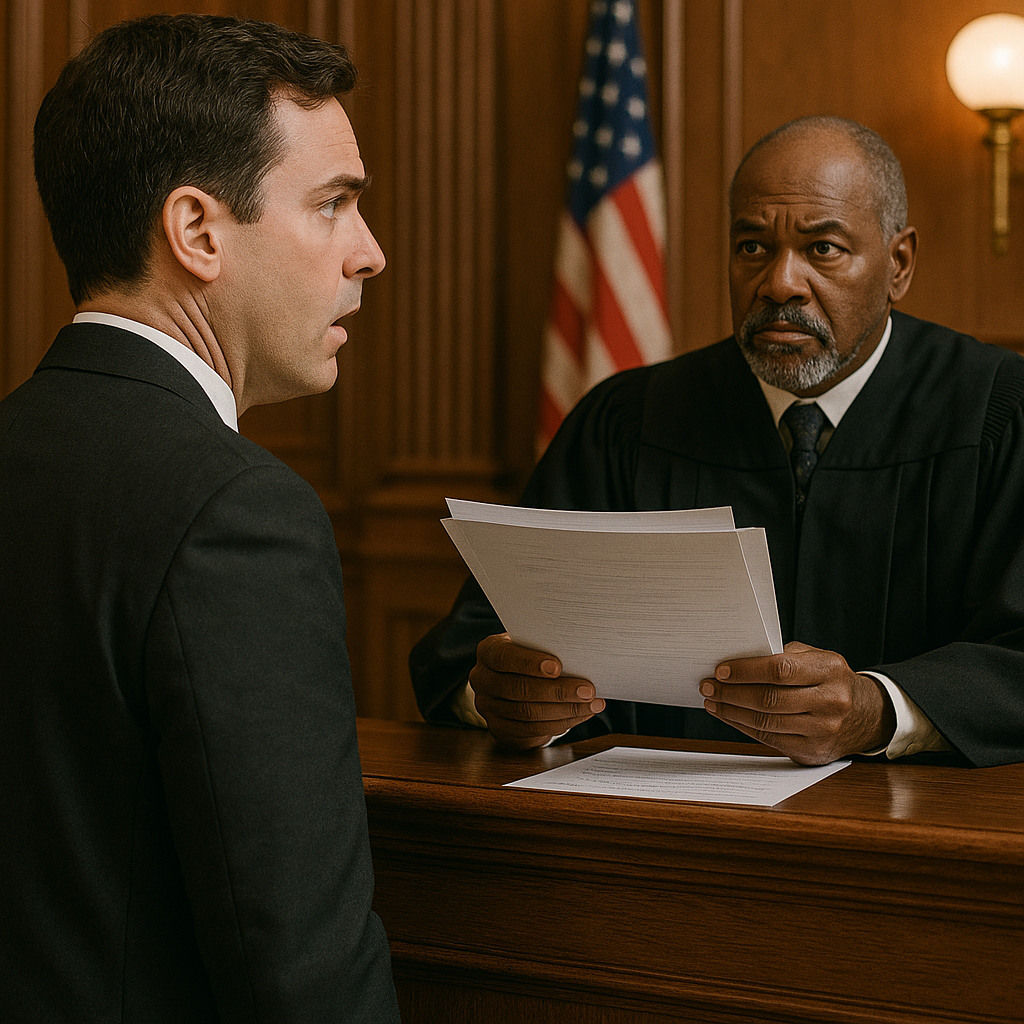
Appraisal was the topic of conversation between Steve Badger and me at the Denver IAUA conference. Colorado appraisals have been a matter of much litigation and controversy in Colorado. For some reason, appraisal law has been in great flux and controversy in Colorado versus the vast majority of states where appraisals seem to go along just fine, and claims go away. The recent Colorado Supreme Court case was blogged about in Appraisal and the Impartiality of Appraisers.
One topic and name that came up was Steve Patrick. From my view, Steve has been a blessing to those wishing to learn how to deal with day to day interactions in appraisal and adjustment from the policyholder, public adjuster and contractor viewpoint. His Level The Playing Field is an excellent place to read and learn—especially when it comes directly from Steve Patrick. I am pretty certain that those with the insurance industry probably wish Steve Patrick was doing something other than teaching and doing appraisals.
Historically, many appraisers for policyholders were inexperienced and often naïve about the games that can go on in an appraisal. Experienced insurance appraisers would bring in last minute evidence in front of umpires associated with the insurance industry. When this type of gamesmanship wrongly influenced the outcome, it was infuriating to me. I taught and wrote in presentations that policyholder appraisers could not accept this type of insurance company appraisal gamesmanship and would have to “get down in the mud” to stop these practices. Steve Patrick has certainly highlighted how to stop insurance company gamesmanship in appraisal so that both sides have a fair chance to obtain an honestly derived and fair appraisal result.
To be fair, I also mentioned that when reading some of the comments from others on the Level the Playing Field forum, some seem to be more interested in getting the most they can rather than obtaining a fairly obtained and honestly supported appraisal award. So, I made the comment that insurance company appraisers may have to educate themselves to “get down in the mud” so they are not gamed in the nonexistent rules of appraisal. The point for everybody which I thought I made was that the goal is to have an honest and fair forum where positions can be explored and considered in an ethical manner. Steve Patrick has always taught ethical and honest techniques as far as I know, and he is not the “some” I was referring to.
The takeaway for appraisers which I intended to make for those attending is to be the best and most competent appraiser you can. The appraisal process is dependent on the appraiser’s ability to honestly ascertain the full amount of the loss and be able to back up that position as well as demonstrate the inaccuracy of other side.
I suggested that appraisers of building damage for policyholders consider getting more instruction from the Construction Specifications Institute. There are guidelines and specifications for all the items of construction. These are often left out of Xactimate estimates prepared by insurance company appraisers as well as policyholder appraisers. Architects, contractors, and those involved with real-world construction require specifications of construction which have to be considered and legally followed to determine what is truly required for proper and legal construction.
Another suggestion is to learn from Steve Patrick through his classes and his forum. Many others also positively contribute to the forum and I see it is a place to learn or consider new ideas. As Steve would require, use his lessons in an ethical and professional manner.
One topic that came up at the conference had to do with the bias of appraisers in Colorado. The insurance company attorneys lost their argument that insurance appraisers had to be as unbiased as arbitrators. Instead, while requiring that appraisers are to be unbiased for a party, the Colorado court noted that the position of the appraiser could be advocated by the appraiser. This makes sense and Steve Badger agreed that honest advocacy of one’s view was proper in appraisal.
The same insurance company lawyers that lost the argument about the appraisers being like arbitrators are also now arguing in other cases that awards by appraisers need scientific support. So, I also indicated that the positions of appraisers should not only be honest, but also have more backup. Experts and other sources should be considered and often retained to determine a position to help avoid insurance company attorneys from seeking new avenues to escape payment of an appraisal award. This may be more costly and time consuming. Yet, having the back up and support can also lead to more accurate estimates of damage. At worst, it will keep those clever insurance company attorneys from finding new ways to frustrate insurance payments.
I also mentioned that appraisers should not advertise about getting higher or lower awards to get business. Many may see it as showing that such advertising shows a bias to obtain higher or lower amounts rather than fair and honestly based amounts of loss. After I said this, Steve Badger warned that he already has copies of appraisers that have advertised in this manner.
It would be fair and honest to advertise how poorly insurance company estimates can be and that appraisal awards can lead to higher and honest recoveries which policyholders deserve. Alternatively, insurers can demonstrate instances where public adjusters make claims for things are clearly not damaged at all—this was discussed by some panelists yesterday. I wish I did not hear about all these horror stories; but, both in public and privately after my talk, there was a lot of discussion about how crazy high and low estimates are made in the field which led to appraisal as the way to resolve the claims.
Jonathan Wilkofsky and Robert Norton should be congratulated for offering the conference. It was very professional and very balanced. There were a lot of practical solutions to common problems in appraisal. I thought that their purpose of trying to make appraisal quick, relatively less costly, less adversarial, and fair to both sides as worthy for a process that has no written rules. Their instructions at the end of the conference were excellent.
Steve Badger is always a fun person to be opposite in a presentation. Just mentioning his name raises the hair on the necks of friends who are public adjusters and policyholder attorneys. We may have different viewpoints, but we also acknowledged a number of areas of agreement. I appreciate the professional and honest public dialogue we have on those. Further, unlike some insurance company attorneys, Steve Badger and Arthur Kutcher had the courage to show up and be publicly challenged about their views just as I do. There is a lot to be learned with such dialogue.
Thought For The Day
When one cannot appraise out of one’s own experience, the temptation to blunder is minimized, but even when one can, appraisal seems chiefly useful as appraisal of the appraiser.
—Marianne Moore




